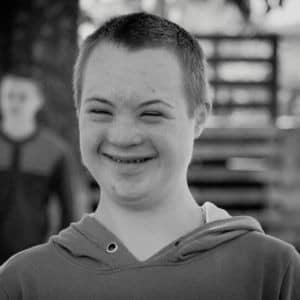Between Forgetting and Hope: Eddie Canales’ Fight for Justice and Memory
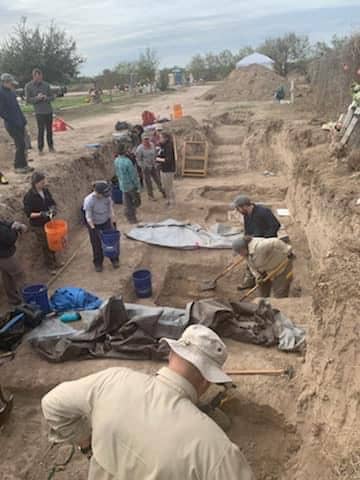
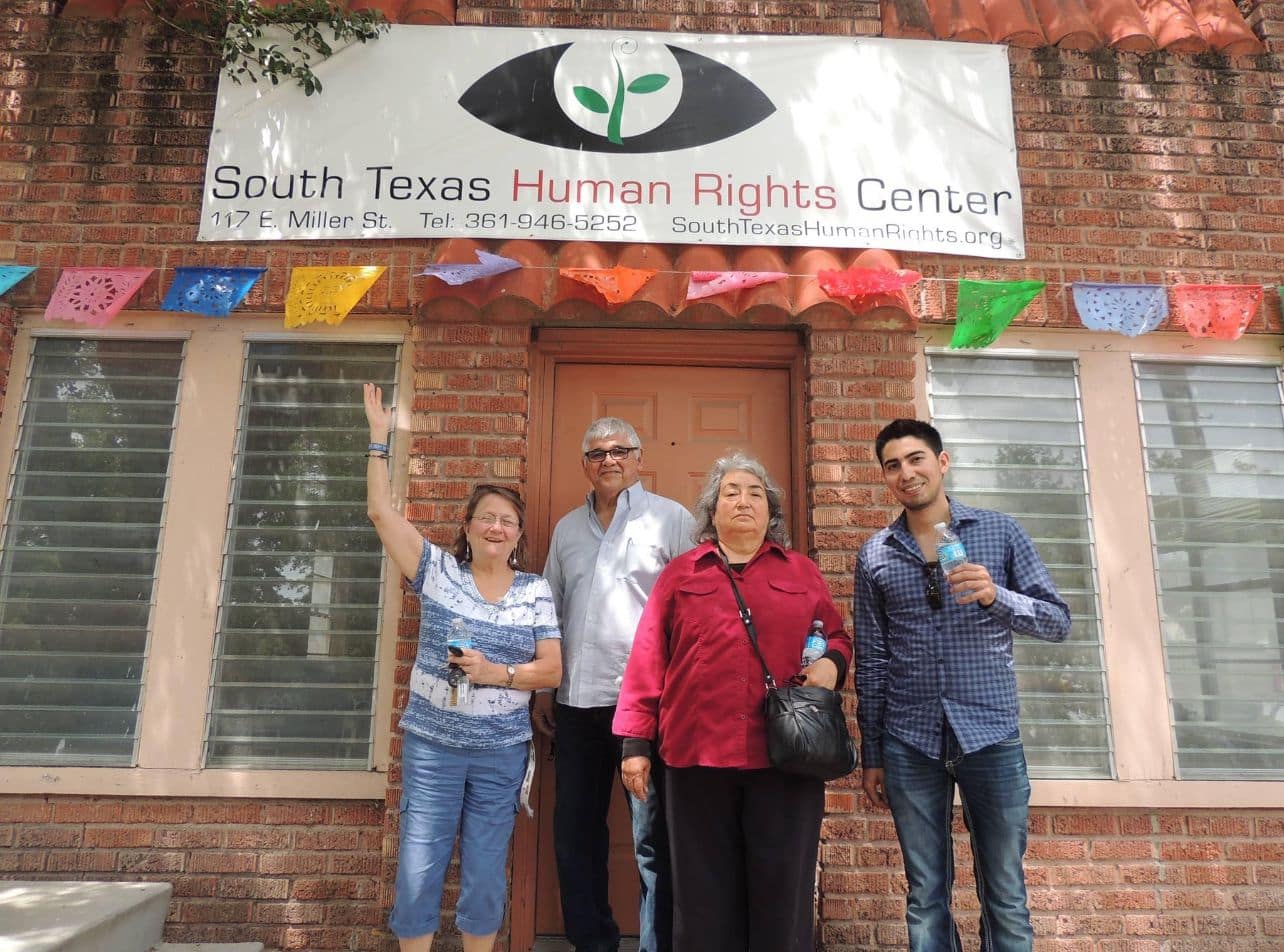
Forty degrees. He died nearly two miles from the last water station. Eduardo “Eddie” Canales’ voice remained steady when he said this, but his eyes betrayed his words. “We still don’t know his name.” Every story at the South Texas Human Rights Center began this way: with an unknown body and a life lost too soon. Eddie taught me that, at the border, the difference between life and death often hinges on something as simple as a gallon of water and a society that prefers to look away.
This understanding fueled Eddie’s commitment. For Eddie, founder of the Center and someone I met early in my career as a reporter, the faces of migrants in the photos on his office walls became more than just pictures, they became his purpose and mission. From the mother searching for her son to the wife who hadn’t heard from her husband in years, every face represented an opportunity: a chance to stop someone else from dying in the unforgiving Texas desert, chasing what was denied to them on the other side of the wall.
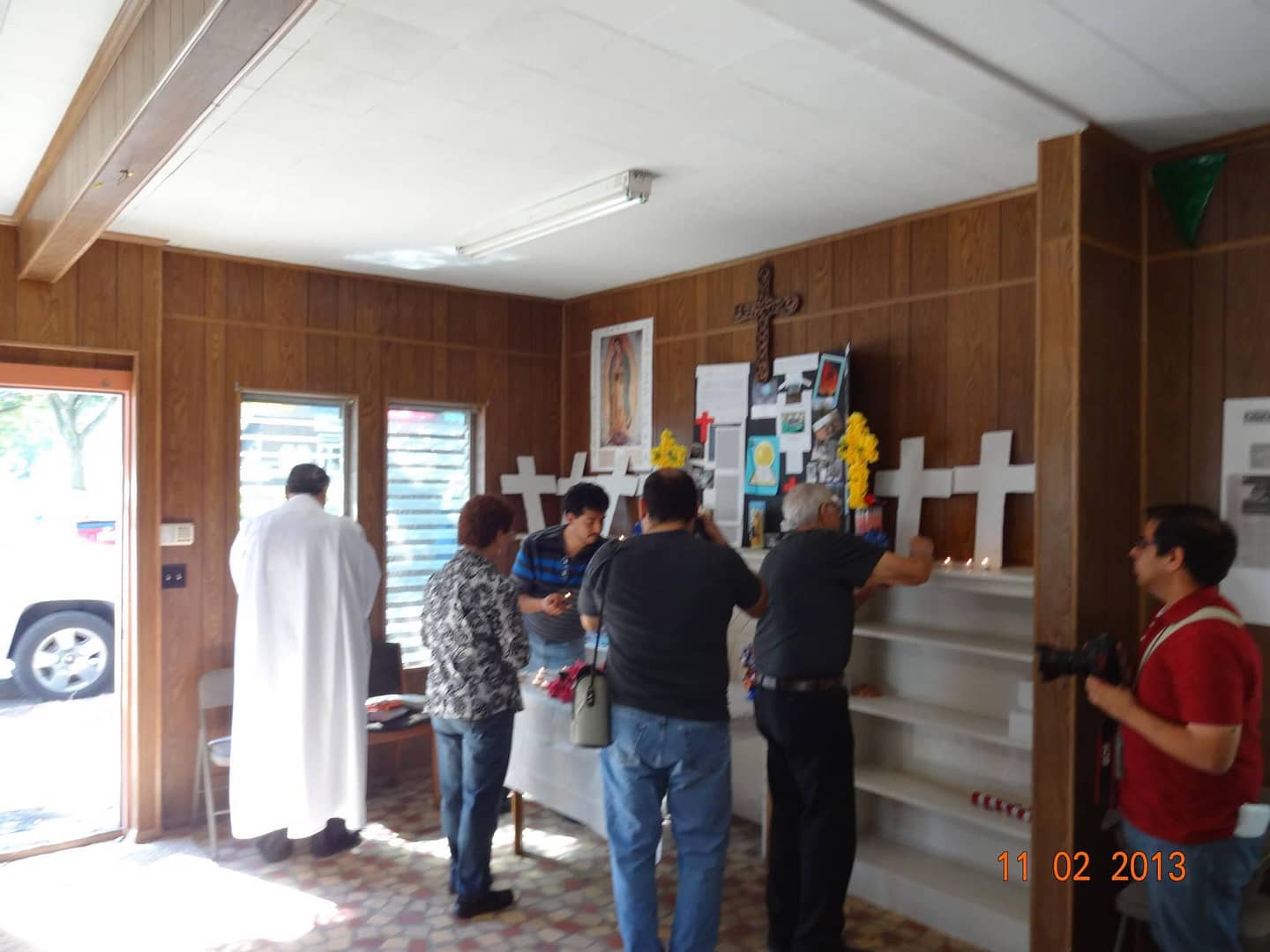
The work, however, was never easy. Every day, a truck had to be loaded and driven along the dusty roads of Falfurrias, Texas, to place gallons of water in blue containers. Sometimes, their efforts were thwarted. Eddie told me in 2016 that Border Patrol agents would empty the water stations. Despite these challenges, nearly 200 strategically placed water stations became a lifeline for migrants braving a treacherous journey. In the scorching heat of the Texas desert, the absence of water could mean death in just a few hours.
This sense of urgency also led Eddie to confront a deeper injustice. Eddie found it incomprehensible that anyone could endure hunger and thirst in the desert, only to die unnamed. Driven by this belief, in 2014, Eddie and other activists successfully pushed for a Texas law requiring unidentified bodies to undergo DNA testing and mandating their exhumation. For Eddie, the fight wasn’t against the desert, it was against the indifference of a system that had buried migrants in trash, bodies, or even shopping bags. Each was a human being, with a family, a story, and a legacy that deserved to be remembered.
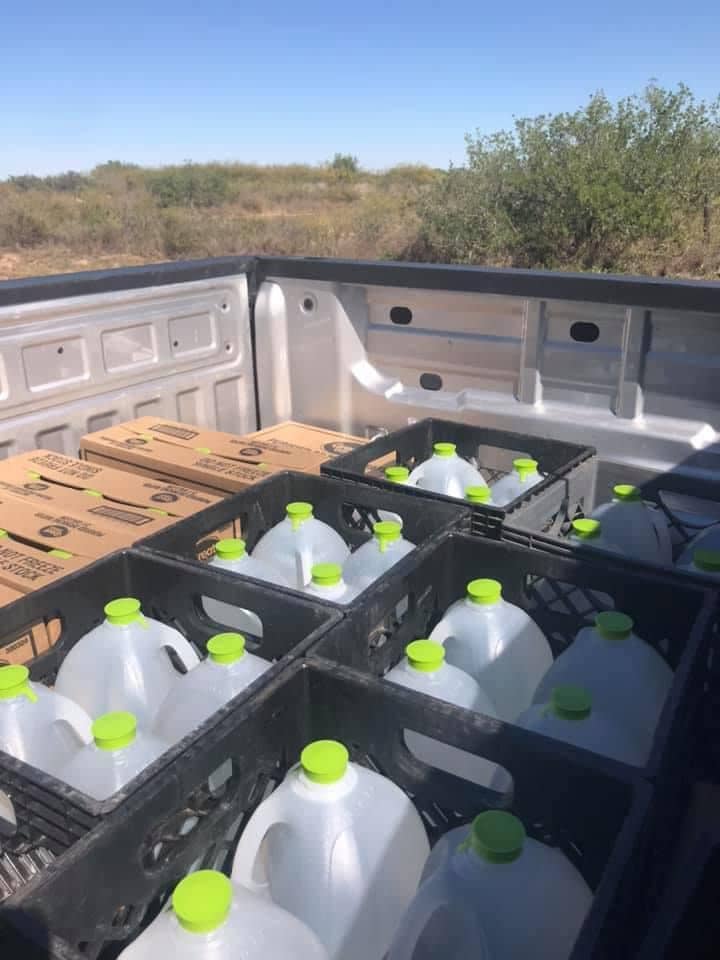
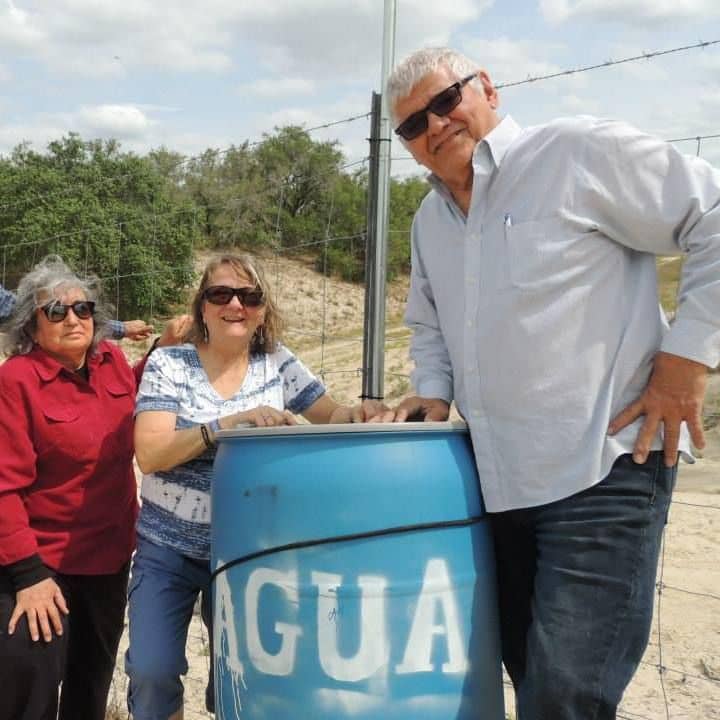
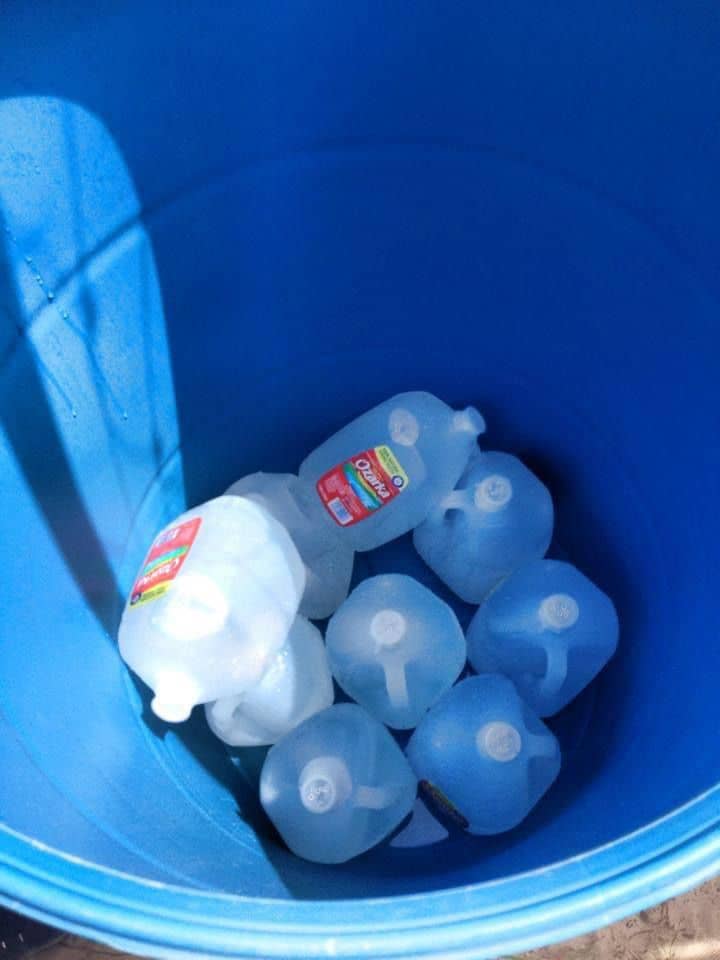
His tireless work yielded results. Thanks to Eddie Canales’ unwavering dedication to justice and humanity, by 2017, the remains of 20 individuals had been identified. These bodies were found beneath small plaques bearing the name of Angel Howard-Williams Funeral Home, which, according to officials in Brooks and Jim Hogg counties, had been responsible for burying migrants in the early 1990s.
Despite his own personal battle with the physical toll of 76 years of life and stage 4 cancer, Eddie Canales continued his tireless work until his last day. He refused to let more people die without a name or let families continue to suffer in silence, without answers. To Eddie, every lost life was not just a tragedy but a story that deserved to be honored.
Eddie Canales’ legacy didn’t end with his death. His fight for migrants will continue to shine as a beacon of humanity in a land too often darkened by indifference.
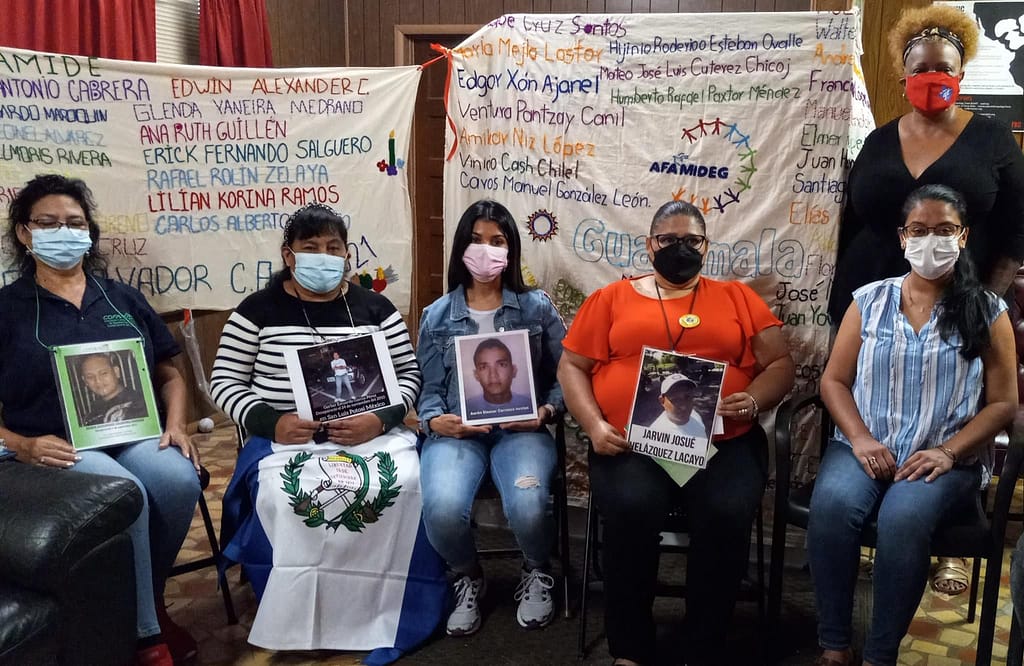
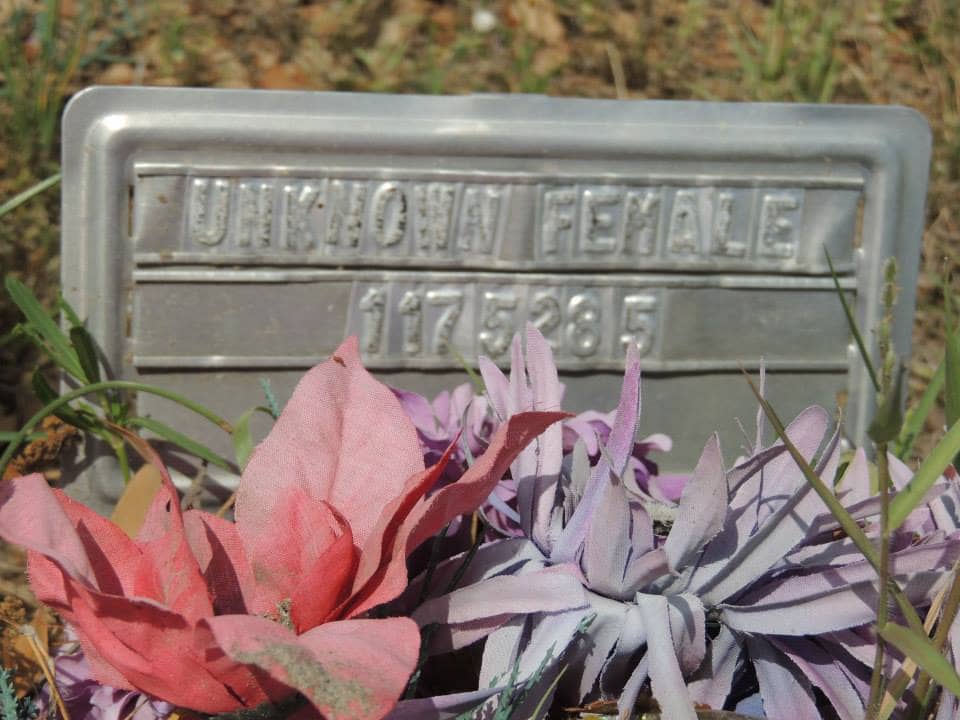
To Mr. Eddie Canales, the man with the warm smile, heartfelt hugs, strong legs, and a warrior’s heart, thank you for everything. Until we meet again
Eragdi Macias Tweet
All photographs used in this narrative were obtained from the South Texas Human Rights Center Facebook page.

